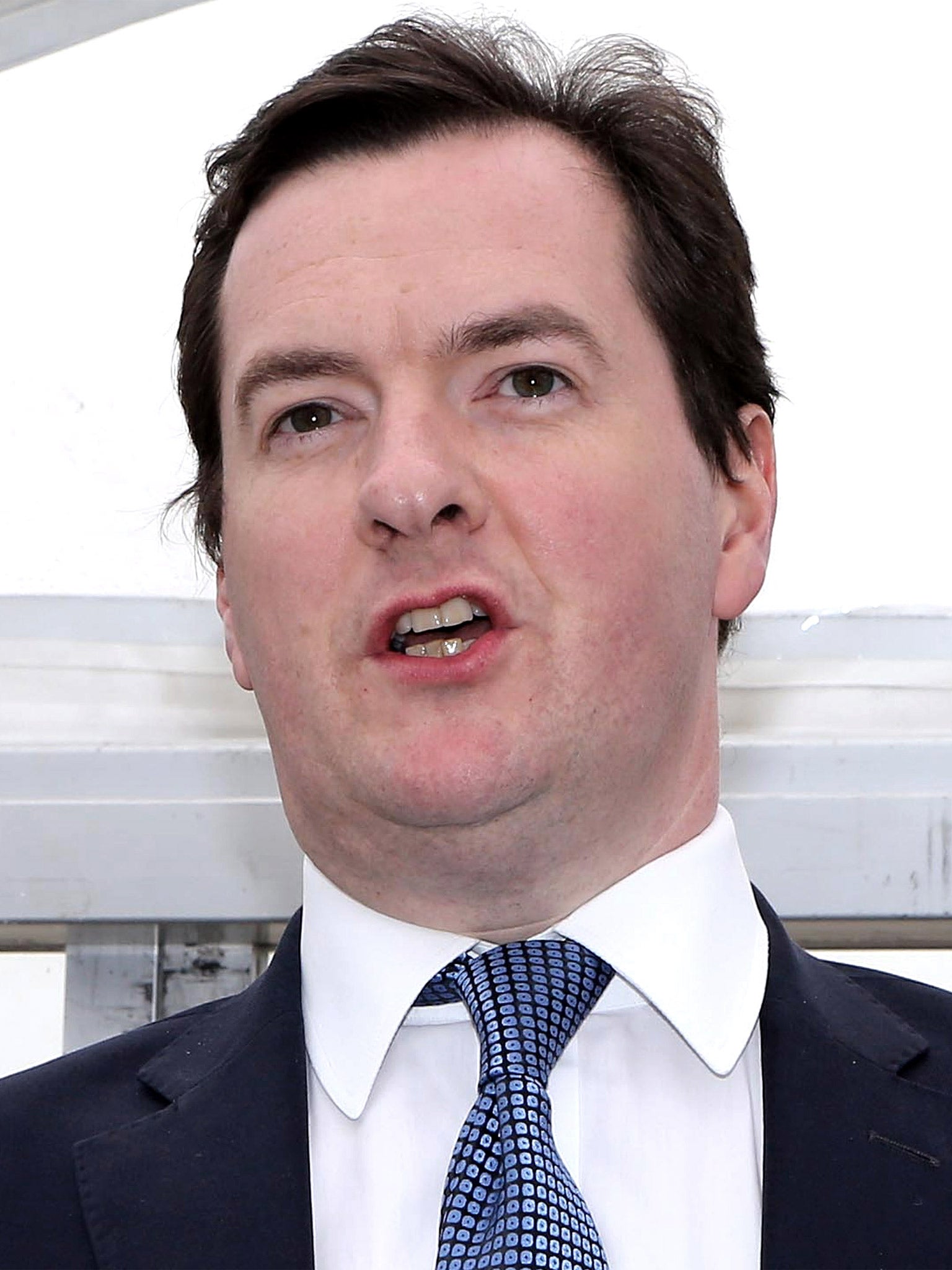Short-term cuts won’t produce lasting savings, watchdog warns
Only radical reform will make public services sustainable in the long term, Treasury is told

Your support helps us to tell the story
From reproductive rights to climate change to Big Tech, The Independent is on the ground when the story is developing. Whether it's investigating the financials of Elon Musk's pro-Trump PAC or producing our latest documentary, 'The A Word', which shines a light on the American women fighting for reproductive rights, we know how important it is to parse out the facts from the messaging.
At such a critical moment in US history, we need reporters on the ground. Your donation allows us to keep sending journalists to speak to both sides of the story.
The Independent is trusted by Americans across the entire political spectrum. And unlike many other quality news outlets, we choose not to lock Americans out of our reporting and analysis with paywalls. We believe quality journalism should be available to everyone, paid for by those who can afford it.
Your support makes all the difference.The Treasury has been criticised by Whitehall spending watchdogs for relying on short-term emergency cuts to reduce the deficit rather than long-term reforms that would produce permanent savings for taxpayers.
In a setback for George Osborne, the National Audit Office (NAO) warns that the “stark” challenge of balancing the nation's books will continue after the deficit has been reduced because of the pressures the rising elderly population will put on pensions, health and social care and the need to provide almost 250,000 primary school places by 2014-15.
It suggests that radical reforms will be needed to make public services sustainable in the long run. It warns that the Government is not “well placed to meet the forthcoming challenge of continued fiscal consolidation alongside substantial demand pressures.”
According to the NAO, more permanent value-for-money measures are needed rather than temporary savings introduced since 2010 such as a freeze on public sector pay, controls on buying equipment and bans on the use of temporary staff and outside consultants. The model should be the big changes to pensions and university tuition fees, which will both yield permanent savings.
The criticism comes as the Chancellor seeks to find the £11.5bn of cuts for the 2015-16 financial year he will announce on June 26 in a government-wide spending review. He has threatened to haul ministers who refuse to find their share of the savings before a “Star Chamber” of Cabinet colleagues to justify their budgets.
Today's report suggests the process would have been less painful if finance officials across Whitehall had embarked on structural changes since the Coalition came to power. It warns that departments operate as separate “silos”, saying that services should be integrated and joint funding bids encouraged.
“Only limited action” has been taken to expand community care to relieve pressure on hospitals, while local authorities and NHS trusts “are facing significant difficulties in absorbing further cost reductions.”
The report says: “The Treasury needs to provide more effective central leadership, to support public bodies in providing services at permanently lower cost…We found that most departments had yet to develop a clear picture of their future state or a detailed plan based on a strategic view across the business.”
The NAO adds: “Improvements have been made in the Government's financial management in recent years. However, given the importance and urgency of the challenges presented by fiscal consolidation and public service reform…further improvements in strategic financial management will be required if the delivery of public services is to be sustained over the longer term.
”While government has succeeded in a number of areas in controlling spending, it still faces a significant challenge in redesigning and transforming public services so that they operate sustainably in the context of further reductions to departmental spending, alongside increased demand.“
Amyas Morse, the head of the NAO, said: ”Finance managers are now being taken more seriously and playing a more central role in the efforts to provide sustainable services at lower cost. However, the pace of change must be accelerated. Savings are being made but progress in restructuring how services are being delivered is lagging.“
A Treasury spokeswoman said: ”The Government's economic strategy to protect the economy and restore the public finances to a sustainable path has already reduced the deficit by a third. High quality financial management in government is key to meeting spending plans and delivering public services as efficiently and effectively as possible. The NAO notes the positive impact of Government action to increase accountability and build skills, and the Government will review what further improvements could be made as we conclude this spending round.“
Join our commenting forum
Join thought-provoking conversations, follow other Independent readers and see their replies
Comments